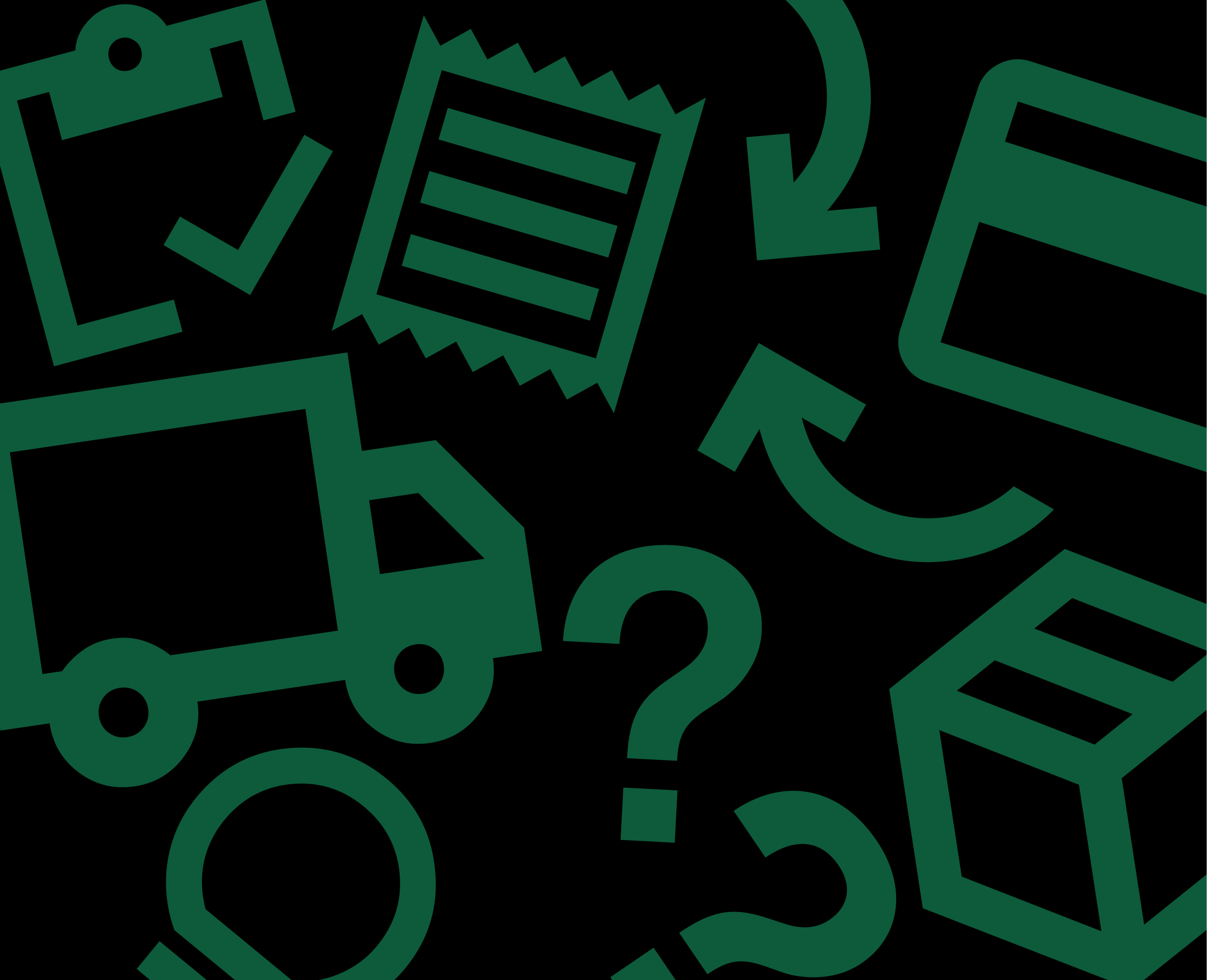A study by Avalara showed 79% of small and mid-sized ecommerce businesses find managing sales tax compliance pretty challenging, with many struggling to navigate the complexities of multi-state taxation and changing regulations.
Swap’s tax season checklist is a tool for ecommerce businesses to check- and double check- since missing key details can cost merchants money in penalties or lost deductions. Whether your brand is selling on Shopify or elsewhere, understanding tax obligations is essential for keeping your business financially healthy.
Here’s the breakdown of the top 10 things ecommerce merchants should focus on for Tax Day:
1. Are You Sales Tax Compliant?
Sales tax laws vary across states and even local jurisdictions. Merchants need to ensure they’ve accurately collected and remitted the correct sales tax on their transactions, since failing to comply can lead to fines or audits. Using automated tax software that integrates with Shopify can help track tax collection and filing requirements.
2. Do you have a sales tax nexus?
If you sell in multiple states, you may have a sales tax nexus, meaning you’re required to collect and remit taxes in those jurisdictions. This is often triggered by factors like economic thresholds or warehousing inventory in different states.
3. Any deductions for business expenses?
One of the biggest advantages of Tax Day is the ability to deduct business-related expenses, reducing your taxable income. Eligible deductions include:
- Shopify subscription fees
- Advertising and marketing costs
- Shipping and fulfillment expenses
- Website hosting and software costs Proper bookkeeping ensures you maximize these deductions and keep more profits in your business.
4. What's your inventory valuation & cost of goods sold (cogs)?
Accurately reporting COGS is essential for determining taxable income. The way you value inventory—FIFO (First-In-First-Out) vs. LIFO (Last-In-First-Out)—can affect your profitability on paper. Ensure your inventory accounting method is consistent and aligns with tax regulations to optimize deductions.
5. Any refunds & chargebacks that could impact taxes?
Returns, refunds, and chargebacks must be properly accounted for since they reduce your gross revenue. Misreporting these can lead to overstated income and incorrect tax payments. Reviewing Shopify reports and working with an accountant can help ensure accuracy.
6. Have you done a profitability & financial health check?
Beyond taxes, filing season is a great time to evaluate your business’s financial health. Analyzing profit margins, expenses, and tax liabilities can help you refine your pricing strategy and identify areas for cost savings.
7. Any digital product taxation changes?
Selling digital goods like e-books, online courses, or subscription-based products? Some states apply different tax rates to digital products, while others exempt them entirely. Stay informed about the latest tax policies in the regions where you sell to avoid surprises.
8. Are you compliant with marketplace facilitator laws?
Many states have Marketplace Facilitator Laws, which require platforms like Shopify to collect and remit sales tax on behalf of sellers. However, this doesn’t apply universally. Merchants should verify their obligations to ensure they’re not missing tax payments in jurisdictions where they’re still responsible.
9. Are you planning for estimated quarterly taxes?
Unlike salaried employees, ecommerce merchants often need to pay quarterly estimated taxes to avoid underpayment penalties. If your business generates significant revenue, work with an accountant to determine your estimated tax payments and avoid a large year-end tax bill.
10. Have you prepared for future tax policy changes?
Tax laws are constantly evolving. Whether it’s VAT changes in the EU, new digital product tax rules, or shifting state tax rates, merchants must stay proactive. Subscribing to tax compliance newsletters or working with an ecommerce tax professional ensures you’re prepared for upcoming changes.
Stay Ahead of Tax Season
Tax compliance might seem overwhelming, but with the right tools and preparation, ecommerce merchants can minimize stress, maximize deductions, and avoid penalties. By leveraging automation and staying informed, you’ll keep your business financially secure and compliant.


























